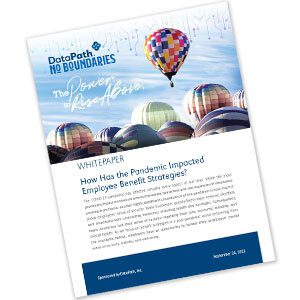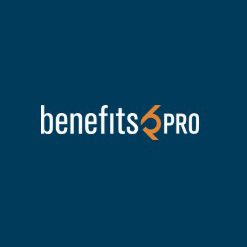FAQs About COVID-19 National Emergency End
The Biden Administration is currently expected to end the COVID-19 National Emergency on May 11, 2023. In preparation, the departments of Labor, Treasury, and Health and Human Services released Q&A Part 58 on March 29. In addition to reviewing the highlights below, you are strongly encouraged to read and digest the complete, 15-page Q&A document. COVID-19 Diagnostic Testing Q1: Do the COVID-19 testing coverage requirements under section 6001 of the FFCRA apply to items and










